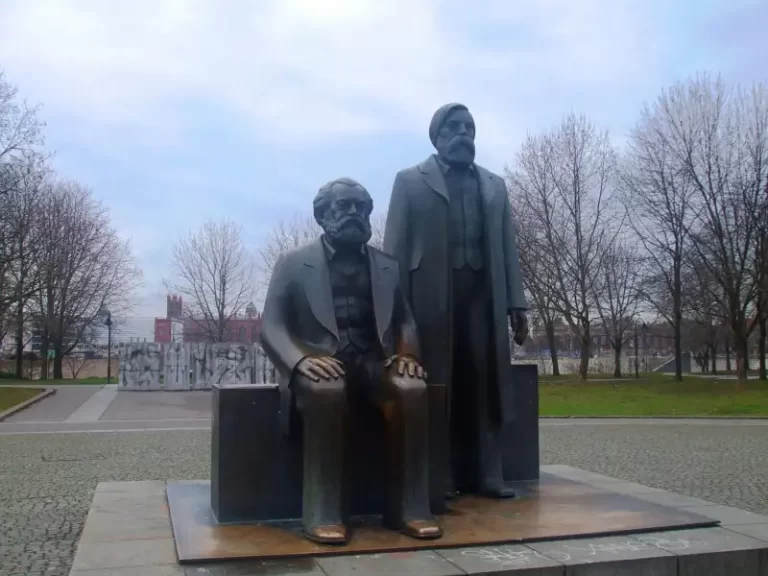Economic determinism is a theoretical perspective in sociology and Marxist theory that suggests economic factors are the primary determinants of social structures and cultural phenomena. This viewpoint posits that the economic base, which includes the means and relations of production, fundamentally shapes and influences the superstructure of society, comprising its political, legal, and ideological systems. The theory of economic determinism has its roots in the works of Karl Marx and Friedrich Engels, who argued that material conditions and economic activities are the foundation upon which society is built and that changes in the economic base lead to transformations in the superstructure.
Historical Context and Foundations
Karl Marx and Friedrich Engels formulated the concept of economic determinism in the 19th century as part of their critique of capitalism and their analysis of historical development. Marx's materialist conception of history, or historical materialism, posits that the mode of production in material life determines the general character of the social, political, and spiritual processes of life. In other words, the economic structure of society shapes its cultural and political superstructures.
Marx outlined this theory in works such as "A Contribution to the Critique of Political Economy" and "The German Ideology." In these texts, he argued that the productive forces and the relations of production constitute the economic base of society. The productive forces refer to the means of production, such as land, labor, and technology, while the relations of production refer to the social relationships that people enter into as they acquire and use these means of production, such as the relationships between capitalists and workers.
Key Principles of Economic Determinism






